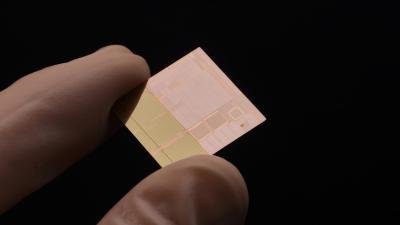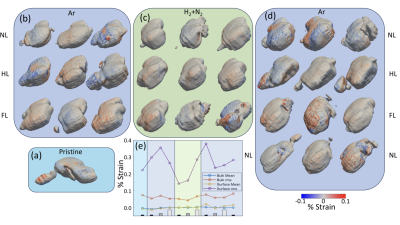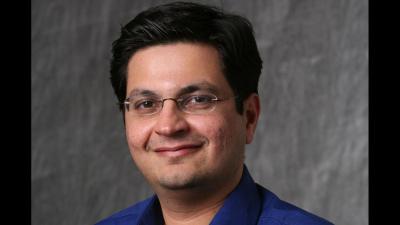Thomas Neuman, CBE Ph.D. student, has been selected as a recipient of the prestigious Founders Award of Excellence. This honor recognizes exceptional academic achievement, leadership, and contributions to the campus community. Thomas will be formally recognized at the Honors Convocation ceremony on Saturday, October 25, 2025, an annual event that celebrates student excellence as part of the broader Founders Day and Family Weekend festivities,
Riddhi Banik, CBE Ph.D. graduate student, has been selected as a recipient of the prestigious Founders Award of Excellence. This honor recognizes exceptional academic achievement, leadership, and contributions to the campus community. Riddhi will be formally recognized at the Honors Convocation ceremony on Saturday, October 25, 2025, an annual event that celebrates student excellence as part of the broader Founders Day and Family Weekend festivities,
Prashun Gorai, Assistant Professor in Chemical and Biological Engineering at RPI, and his collaborators at the Colorado School of Mines and Carnegie Mellon University have been awarded a $2 million grant from the National Science Foundation (NSF) to accelerate the development of wurtzite ferroelectrics, a class of materials with potential to transform microelectronics.




 Professor Jonathan Dordick Receives Two Prestigious Honors
Professor Jonathan Dordick Receives Two Prestigious Honors
 Scientists’ Discovery Could Reduce Dependence on Animals for Vital Anti-Blood Clot Drug
Scientists’ Discovery Could Reduce Dependence on Animals for Vital Anti-Blood Clot Drug
 Todd Przybycien Named Head of RPI’s Howard P. Isermann Department of Chemical and Biological Engineering
Todd Przybycien Named Head of RPI’s Howard P. Isermann Department of Chemical and Biological Engineering
 Pingkun Yan Named Head of RPI’s Department of Biomedical Engineering
Pingkun Yan Named Head of RPI’s Department of Biomedical Engineering
 Nanomanufacturing Breakthrough Could Revolutionize Night Vision Technology, Other Fields
Nanomanufacturing Breakthrough Could Revolutionize Night Vision Technology, Other Fields
 RPI Researchers Join Expertise at the Frontier of Light and Materials Research
RPI Researchers Join Expertise at the Frontier of Light and Materials Research
 RPI Professor Nikhil Koratkar Named Royal Society of Chemistry Fellow
RPI Professor Nikhil Koratkar Named Royal Society of Chemistry Fellow